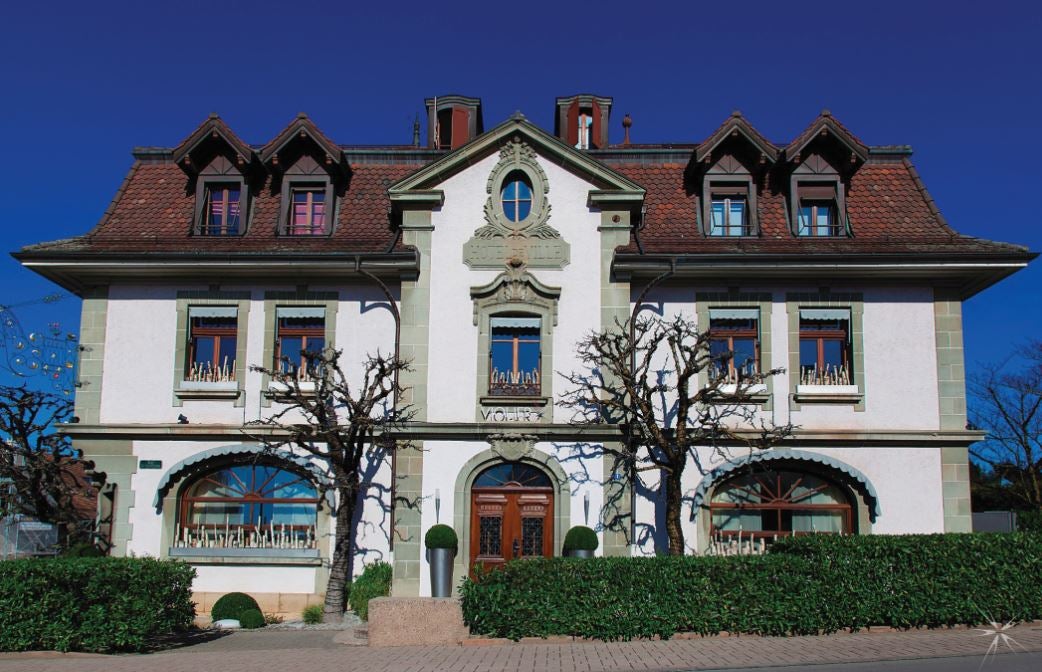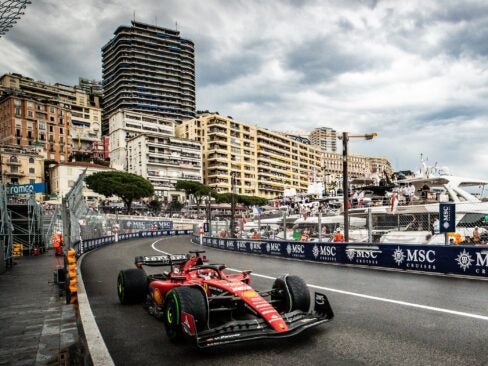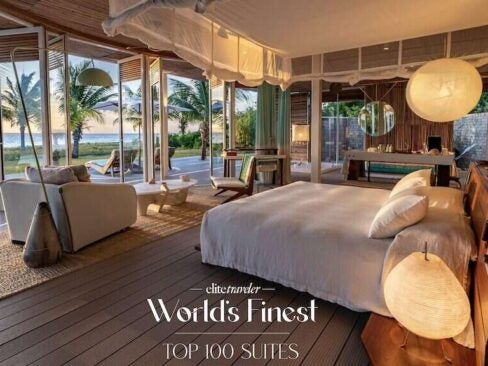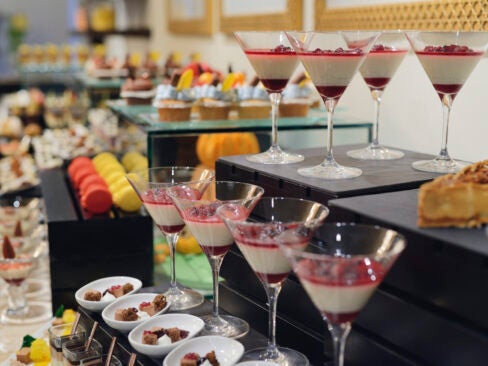By Andy Hayler
This story originally appeared in the May/June 2017 issue of Elite Traveler.
 Food, of course, is a key part of the ingredients that make up an outstanding place to eat, but atmosphere and service are important, too—as is a wonderful view, inside or out.
Food, of course, is a key part of the ingredients that make up an outstanding place to eat, but atmosphere and service are important, too—as is a wonderful view, inside or out.
There is no shortage of restaurants: London alone has around 20,000, while Tokyo boasts well over 60,000. Yet despite the competition, a small number of these succeed in setting themselves apart from the herd and develop a reputation for being excellent. A tiny proportion of these manage something more — to be globally recognized as great. What is the elusive magic that enables this?
Food is clearly a significant part of any restaurant’s appeal, but top-quality food alone is necessary but not sufficient. Diners also seek out restaurants that have attractive decor and an appealing atmosphere, and want to be welcomed and looked after by friendly staff. It is the combination of these factors that makes up the overall appeal of a restaurant. Only a glittering few places manage to achieve a level that is internationally recognized as world class.
Location need not be a barrier. Some top restaurants are in the heart of global cities, but there are plenty that are not. Azurmendi is on a hillside near Bilbao, Spain, and despite its out-of-the-way setting it still manages to draw diners from around the world. The top-quality produce used there is part of its appeal, much of it grown in the gardens and greenhouses on the property. Even more remote is Michel Bras on Lake Toya in northern Japan, the dining room perched on the edge of a volcano looking out over a lake. It is surely one of the most spectacular settings of any restaurant in the world, yet its appeal goes beyond the view: it delivers superb French food using magnificent Japanese ingredients.
Striking decor can help but is not essential. The panoramic views over the city from Robuchon au Dôme in Macau are certainly a draw, but only when combined with top-class ingredients imported from around the world, along with a superbly skilled kitchen team, do you understand why this restaurant has its reputation. The vast and reasonably priced wine list there also helps.
 Not all great restaurants are perched on the top of tall buildings. Ryugin in Tokyo has a fairly modest though thoughtfully decorated room, but the key here is the combination of superb ultra-seasonal ingredients and mastery of kitchen technique. Its embrace of modern culinary approaches, but applied to the strict tradition of kaiseki cuisine, means that dining here is a peek into the future of Japanese food.
Not all great restaurants are perched on the top of tall buildings. Ryugin in Tokyo has a fairly modest though thoughtfully decorated room, but the key here is the combination of superb ultra-seasonal ingredients and mastery of kitchen technique. Its embrace of modern culinary approaches, but applied to the strict tradition of kaiseki cuisine, means that dining here is a peek into the future of Japanese food.
Inventiveness is at the heart of Alinea in Chicago, where its elaborate modern dishes often involve unfamiliar ingredients and flavor combinations. Such an approach means that the kitchen walks a culinary tightrope, yet one that Alinea never seems to fall off.
A personal favorite is the Restaurant de l’Hôtel de Ville in Crissier, Switzerland, where beautiful, classical French food is served by a particularly outstanding service team. Here the staff even take their vacations at the same time and close the restaurant when this occurs, meaning that there is never an “off night” where the head chef is elsewhere. Indeed a common theme that runs through all the above restaurants is consistency. Across multiple meals at these places it is noticeable that, while the menus change with the seasons, the standard of food does not. The attention to detail in every aspect is uniform, service after service.
To achieve greatness in a restaurant you need this elusive blend of top-class cooking, appealing decor, flawless service and consistency. It is a balancing act that few can pull off, but when you experience it as a diner then you know that you have eaten at somewhere magical.
Andy Hayler is a respected food critic and is the only man to have eaten at every three-Michelin star restaurant in the world. He continues to eat well, travel widely and contributes to a number of publications.









